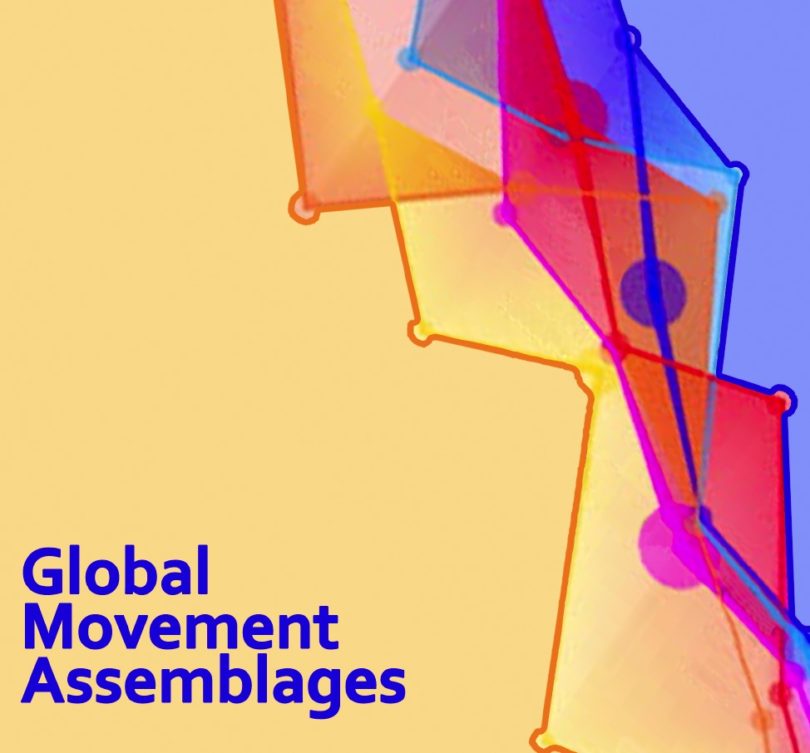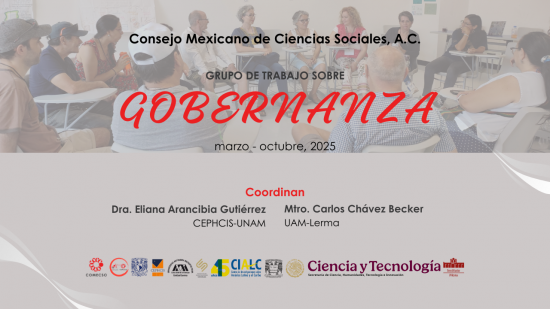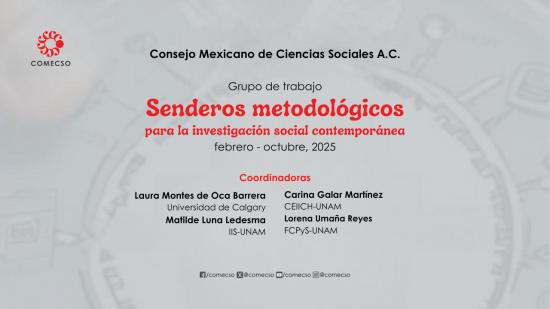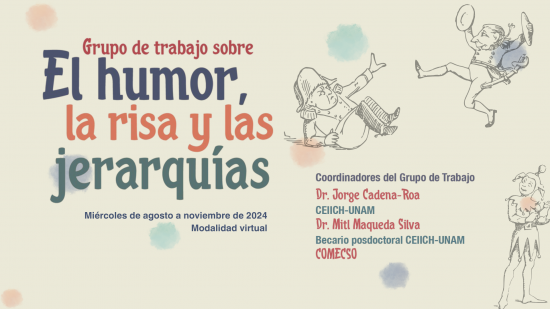Global Movement Assemblages | SSJ vol.12, No.1
Theorizing Power, Difference and the Politics of Social Change: Problems and Possibilities in Assemblage Thinking
Janet M. Conway
Brock University, Canada
Michal Osterweil
University of North Carolina at Chapel Hill, USA
Elise Thorburn
Brock University, Canada
KEYWORDS assemblage; social movements; Occupy; Deleuze
Introduction
This special issue of Studies in Social Justice explores the potential of assemblage thinking for apprehending contemporary social movements and the relations among them across global time and space. It grows out of a 2016 symposium sponsored by Brock University’s Social Justice Research Institute, entitled, Global Movement Assemblages: Continuities, Differences, and Connectivities. The symposium’s aim was to deploy assemblage thinking to make better sense of the wave of popular democratic uprisings since 2010, while also considering its risks, limitations and possibilities.
Derived from the work of Gilles Deleuze and Felix Guattari, “assemblage” names the coming together of heterogenous social, biological, technological and other elements that co-function in provisional wholes in which the behavior of the constituent parts is conditioned but not determined by the whole and whereby the parts never lose their own integrity, their own difference. The assemblage acts through the emergent and distributed agency of its parts, human and non-human, through the composition of forces and the relationality they enact.
We propose that the concept of assemblage aptly describes the post-2010 movements as they are, that is empirically. In addition to appreciating the dispersed character of these movements, the notion of assemblage affords the possibility of theorizing the agency of other, non-human elements in their constitution, including digital technologies, local ecologies, and the built environment. As such, assemblage thinking can help effect a break with mainstream approaches in social movement studies and their onto-epistemic commitments to unity, which inhibit their making sense of such emergent or spatially and temporally dispersed actions. Moreover, as a form of “post- poststructuralist thought” (A. Escobar, personal communication, February, 2017), assemblage thinking also breaks with the latent positivism of dominant approaches in acknowledging that the choice of interpretive lenses and concepts conditions the kind of sense we make of these movements and of their political potentialities.
The ongoing wave of popular democratic uprisings, beginning in 2011 with the Arab Spring, the Indignados, and Occupy, have been conceptualized in various ways as related phenomena and as signifying newness. They are commonly understood as having emerged in the context of the 2008 financial crisis, resisting deepening neoliberalization, reflecting a generalized crisis of representative democracy, and demanding social justice, democracy and dignity (e.g., Glasius & Pleyers, 2013; Castells, 2015). We are not satisfied that these understandings, nor the current theoretical and conceptual vocabulary that we have for speaking about movements, are adequate. We contend that the dominant frameworks fail to capture the political force of contemporary movements while also perpetuating several problematic assumptions. These include a Eurocentric conception of the global and a state-centric definition of politics and movement outcomes. They are oriented by unacknowledged teleologies, such as the inexorability of modernization or democratization. They remain trapped within the terms of Eurocentric modernity in the subjects, discourses and utopias that they privilege. Middle East scholar Mojtaba Mahdavi, for example, has critiqued the neo- Orientalism of much commentary on the Arab Spring. In the same vein, Hamid Dabashi has contended that the term “Arab Spring” reinforced a categorial distinction between “Europe” and “non-Europe” on one hand, and between Arab and African on the other. The term effaces commonalities among uprisings in southern Europe and the MENA region, and between the
Arab world and sub-Saharan Africa, where the fact that numerous similar events took place in the same period is continually obscured. [continue reading…]
Vol. 12, No.1 (2018)>>
Te puede interesar

Publicaciones del COMECSO
Roberto Holguín Carrillo - Ene 08, 2025Este espacio reúne la gran mayoría de la producción editorial de nuestra asociación. A lo largo de casi cinco décadas,…

COMECSO felicita al Dr. Gustavo Adolfo Urbina Cortés
comecso - Mar 14, 2025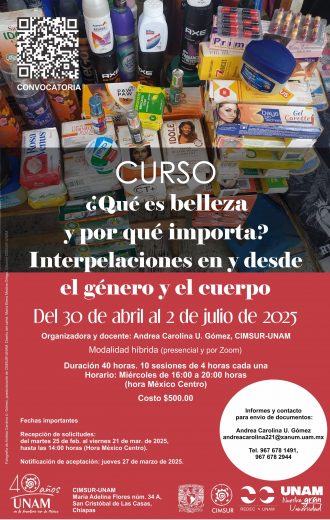
¿Qué es belleza y por qué importa? Interpelaciones en y desde el género y el cuerpo
Laura Gutiérrez - Mar 14, 2025Universidad Nacional Autónoma de México, Centro de Investigaciones Multidisciplinarias sobre Chiapas y la Frontera Sur, Educación Continua Curso ¿Qué es…

Inteligencia artificial y su impacto en las políticas públicas y la economía Global
Laura Gutiérrez - Mar 14, 2025Inteligencia artificial y su impacto en las políticas públicas y la economía Global Número 137 | Año 38 | Enero-Junio…
